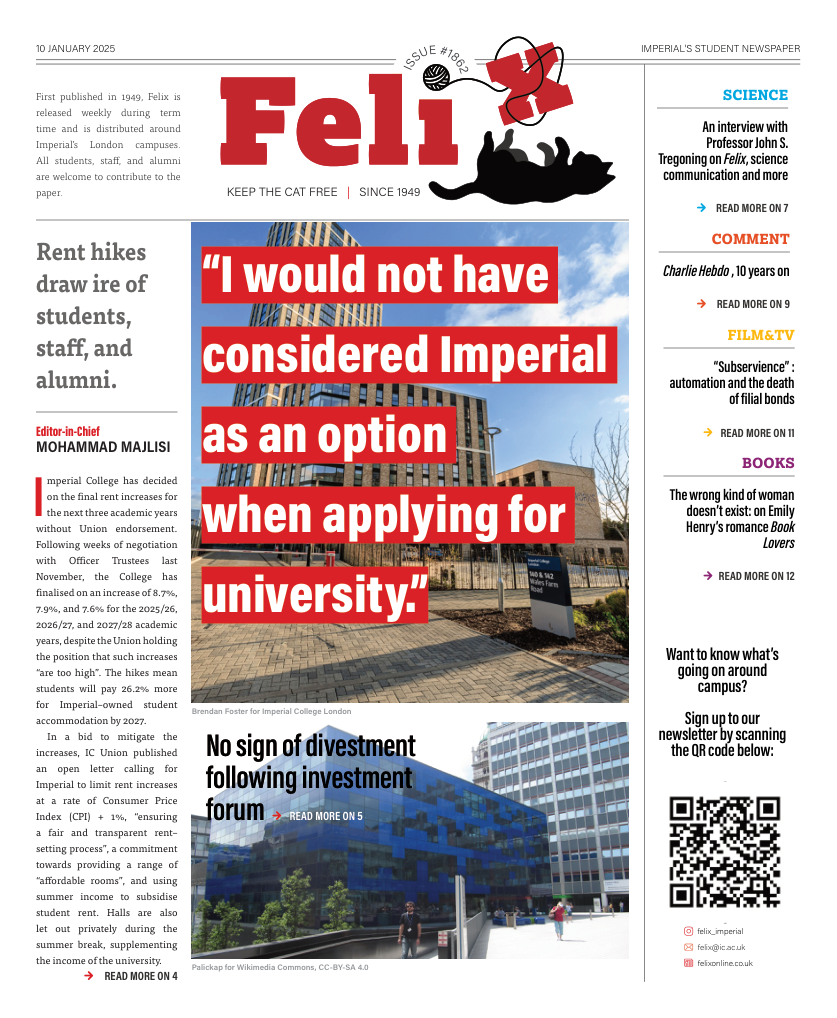UKRI agrees to new standards for research funding
The Heidelberg Agreement on Environmental sustainability in Research Funding was published in October. The multi-stakeholder agreement was created by participants from nine European countries and endorsed by UK Research & Innovation (UKRI), among other funding organisations. The agreement sets out how funders can lead on sustainability.
Research funding is a crucial aspect when deciding what research happens and how fast. In fact, lack of funding is often cited by universities as a reason they continue to collaborate with fossil fuel companies on research. By flipping this dynamic funders could cause a meaningful increase in the sustainability of research.
The document features six points of agreement between workshop participants. Point 4, "Funders should highlight the importance of sustainability in their funding schemes", explains how funders might incorporate sustainability directly. The suggested policies range from requesting a self-reflection in projects to requiring a carbon footprint of the research, or eligibility criteria.
Imperial acknowledged the additional requirements outlined in the Heidelberg Agreement in their Sustainable Imperial newsletter on 16th December, saying "With increasing requirement from funders to see lab sustainability measures as a condition of funding, it is important that our lab teams obtain sustainable lab certifications such as LEAF or My Green Lab." Use of the Laboratory Efficiency Assessment Framework (LEAF) is increasing across Imperial, with the college's Sustainability Strategy noting that in the year before the strategy was published, 2019-20, participating labs typically saved between £l,000 and £10,000.
The Heidelberg agreement takes inspiration from the UK Concordat for the Environmental Sustainability of Research and Innovation Practice, of which Imperial is a signatory.

Cambridge is an example of cutting connections to fossil fuels in research. It does not accept research or philanthropic funding from fossil fuel companies (FFCs) which are not net zero 2050 aligned, which they assess using external benchmarks. They state clearly "No fossil fuel company is currently understood to have a business model that aligns with NZ2050 [net zero 2050] targets."
Imperial has its own mechanism for assessing if a company is "actively moving towards meeting Paris Agreement targets", the Zero Index. Felix was told in an interview in May that the "first set of assessments are coming later this year" and, in February, Imperial committed to publishing the annual reporting online. Any such reports are yet to be released. Imperial's article adds, "Imperial expects to disengage from academic and research collaborations with companies that score poorly against [the Zero Index's] criteria."
In another layer of bureaucracy, the college's Socially Responsible Investment Engagement Monitoring Panel makes recommendations about how effectively Imperial is influencing FFCs through its research and collaborations. However, it doesn't cover how FFCs might be influencing Imperial.
Just as Imperial attempts to influence these Paris-aligned FFCs (which, according to Cambridge, do not currently exist), companies such as BP and Shell set up and fund research collaborations with Imperial, often on projects making extraction of fossil fuels more efficient. It is hard to see how these projects could do anything to decrease the emissions of fossil fuels. This is a classic example of the rebound effect, where as a process becomes more efficient, it becomes more profitable and we do more of it, often to an outsized extent.









